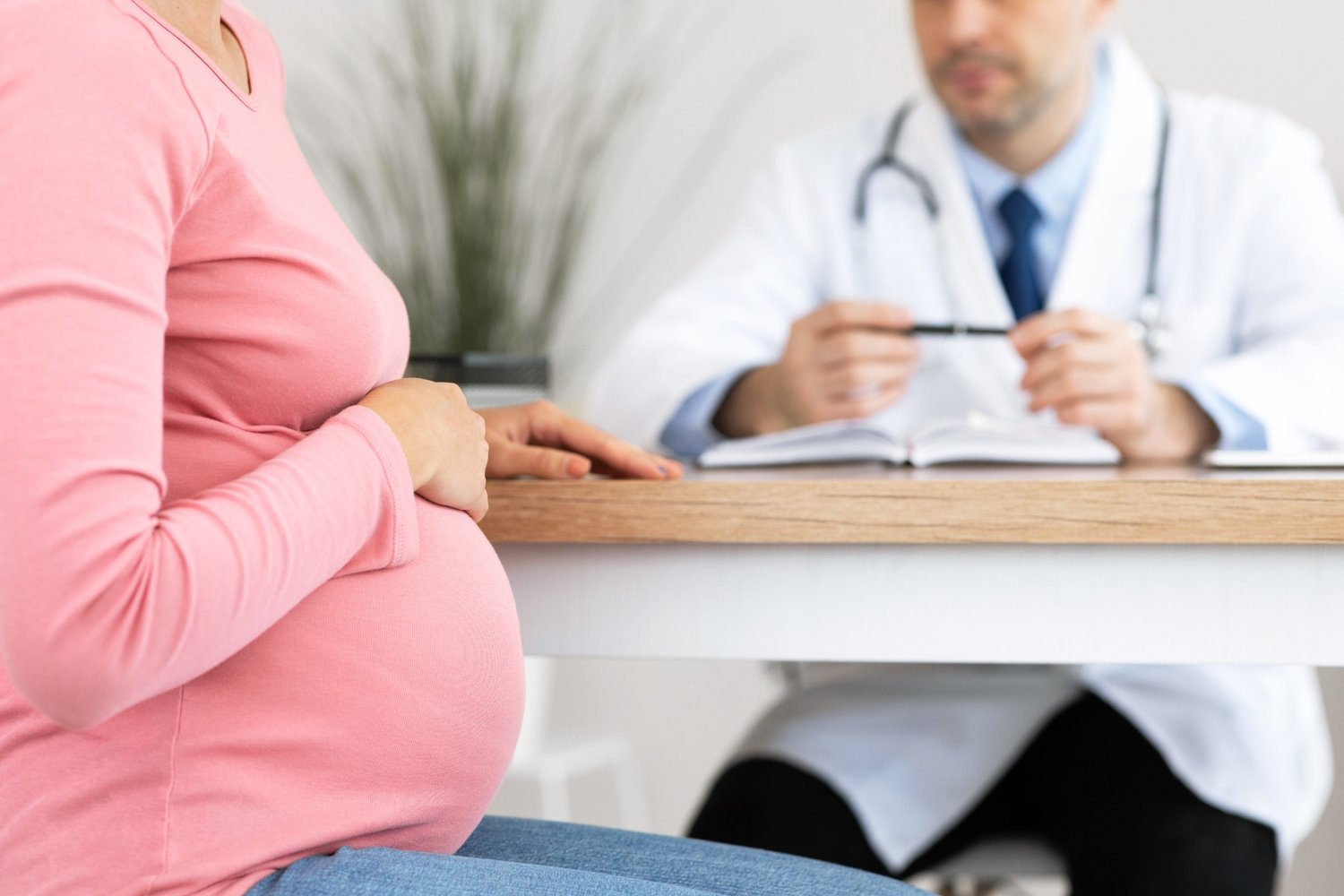Preeclampsia is a potentially dangerous hypertension disorder that can occur in expecting mothers. It typically tends to develop around the midway point of your pregnancy, which is one of the reasons that your blood pressure will be regularly checked at all of your prenatal appointments.
Because this high blood pressure disorder can cause issues for both the expecting mother and child, your women’s care provider will monitor your blood pressure throughout your pregnancy and talk with you about some of the ways to prevent the condition from developing.
Although you can’t eliminate your risk of preeclampsia, you may be able to reduce your risk by taking certain steps during the early stages of your pregnancy. Below, we share some tips for reducing your risk of developing preeclampsia during your pregnancy.
Preeclampsia Prevention
Despite improvements in prevention and treatment, preeclampsia still affects between 5-8 percent of women during their pregnancy. While elevated blood pressure is the most obvious concern, preeclampsia can also lead to excessive protein in your urine, kidney issues, low blood platelet counts and swelling in the legs, feet and hands.
There is no one specific cause for preeclampsia onset, and oftentimes it has a genetic component, meaning that it may develop despite your best effort. That said, you should still take some steps to decrease your risk of preeclampsia in order to reduce your risk of potential issues in yourself and your unborn child. The three main ways to reduce your risk of preeclampsia are with diet, exercise and medication, and before we dive into each, it’s important to remember that you should discuss any radical changes to your diet, exercise or medication regimen with your women’s care provider before making major adjustments.
-
Diet – Many medical researchers believe that the best way to reduce your risk of preeclampsia is to live a healthy lifestyle, which certainly involves being cognizant of the foods you are putting in your body. There’s no specific food that you can eat to eliminate your risk of preeclampsia, but pursuing a wide variety of nutrient-dense options certainly helps. A healthy diet paired with the next tip can help you work towards a healthy weight before becoming pregnant or help you gain weight on an ideal trajectory during pregnancy, both of which can be helpful in regulating your blood pressure.
-
Exercise – Staying active is beneficial for expectant mothers for a number of reasons, including helping with blood pressure control. Again, it’s important to talk with your women’s care provider before greatly increasing your activity level during your pregnancy, but low-impact, moderate intensity exercise like walking or swimming may help with blood pressure regulation. Exercise can also help with healthy weight gain during pregnancy, which aids in blood pressure control.
-
Medication – Some providers recommend taking a low-dose (81-milligram) aspirin after the 12-week mark of your pregnancy to help control your blood pressure if you have certain underlying risk factors, like being overweight, having a family history of the condition or an underlying health issue like diabetes. Again, never begin a medication regimen without first running it by your women’s care provider.
While these are the three main ways to reduce your preeclampsia risk, any lifestyle adjustments that aim to make you healthier can also prove beneficial. Giving up smoking and alcohol or working to get your blood sugar under control can also help your body better regulate your blood pressure during the course of your pregnancy.
If you have questions about what you can do to lower your risk of preeclampsia, or you want to talk with a provider about a different women’s issue, reach out to the team at MetroPartners OBGYN today at (651) 770-3320.

